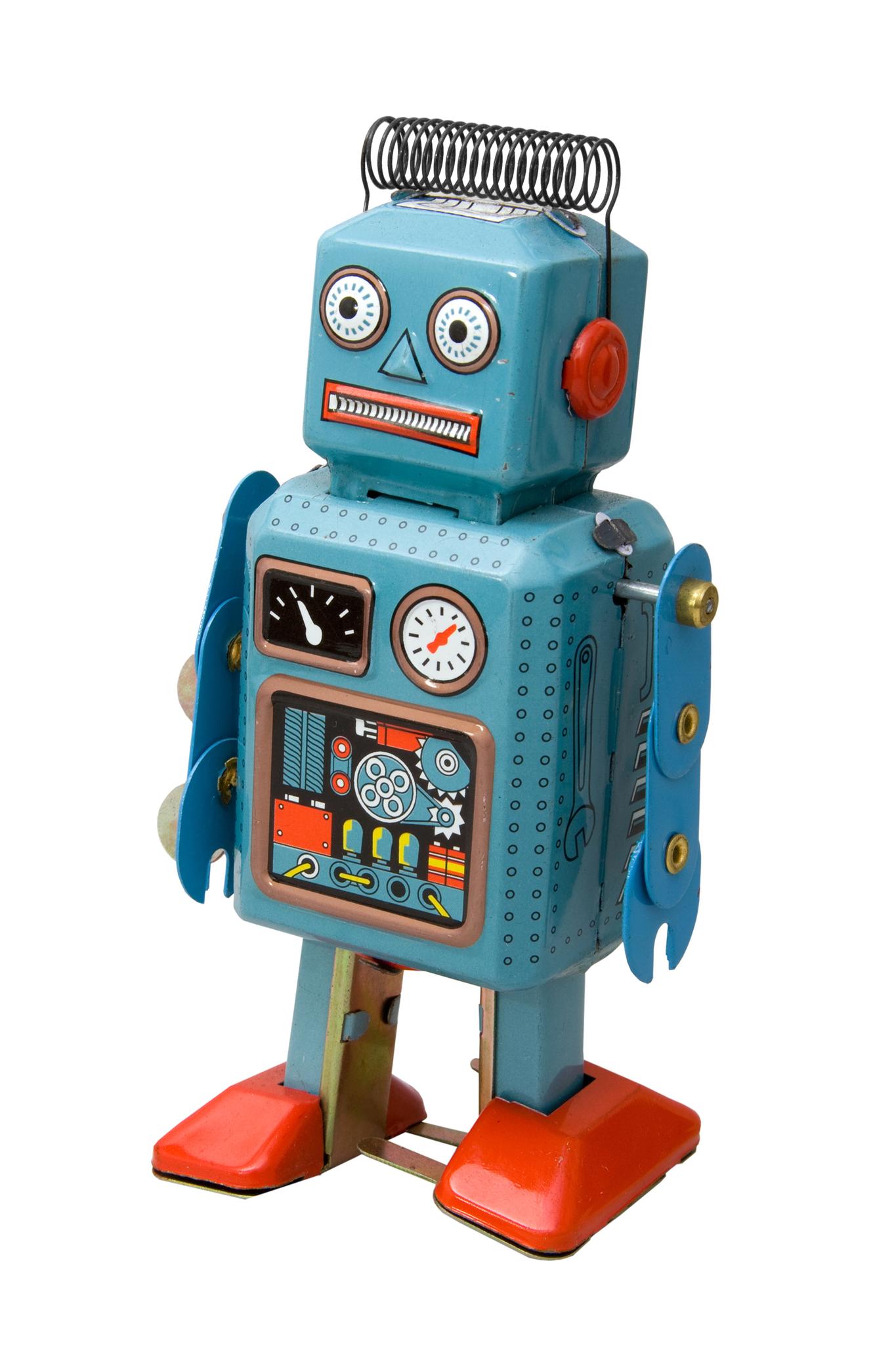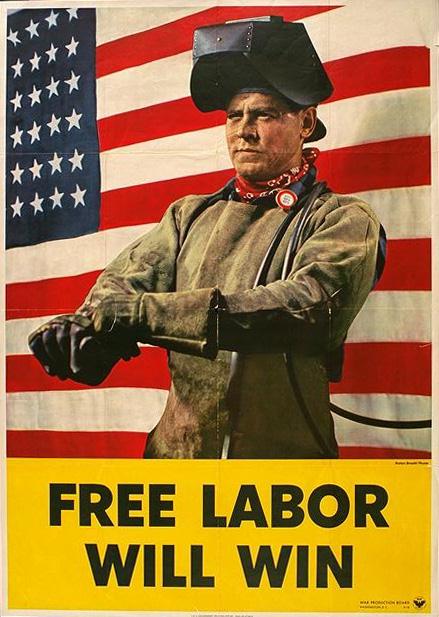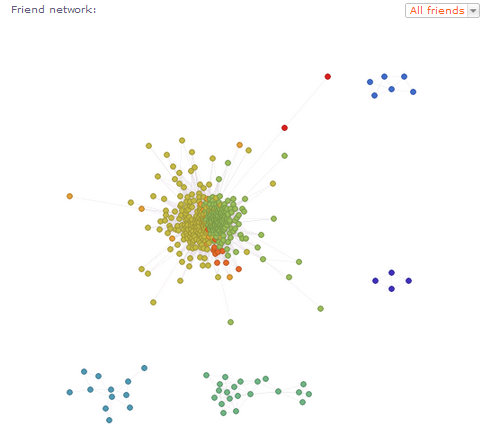You don't have to social network to make it
Cleaning out some old 'saved for later' items in my RSS reader over the weekend and I re-visited this gem from Bob Lefsetz, 36 Things We've Learned which ran a few weeks back on the Big Picture site.
In the piece, which is simply a series of observations about the modern music industry (but certainly could be relevant to any number of fields of endeavor, particularly ones that have undergone significant change and disruption from technology, social networks, or other external influences), Lefsetz shares this 'learning' regarding social networking, which is below:
22. You don’t have to social network to make it.
You’ve just got to do great work, constantly.
An interesting observation at least, if not a true 'learning.' But one that at least made me think for a little while. In our little corner of the world, the Human Resources/Talent Management space, it seems like lots of people, many of whom I know and respect quite a bit, the 'early social tech adopters' have spent lots of time and energy and pixels exhorting the 'rest' of the profession to get on board with social technology and social networking in a professional context.
Still in late 2013 I see folks giving presentations and talks aimed at mainstream HR professionals and designed on 'selling' the benefits and importance of social networking for these HR/Talent pros. These kinds of sessions usually take the position of trying to convince the slow adopters or disbelievers that they have to get on board, or risk getting passed by or marginalized.
But I wonder, or at least I ask you to wonder for a moment, if that advice is actually true, or at least mostly true. What if Lefsetz is right, and doing great work is really what is needed and that trumps the need or desire to simply 'network' more, (social or otherwise).
The last CHRO I worked for (at a publicly traded company with 5,000 employees), achieved that lofty position in 2011 or so without having so much as a LinkedIn account, much less a professional blog, active Twitter feed sharing the latest from Harvard Business Review or a leading or even participating in one of the daily Tweet chats on HR and Talent topics.
But she did great work. Had great mentors. Built a great and loyal team. Earned the respect and trust of the rest of the C-suite.
Spent the time doing great work and not worried at all about social networking.
Or to take a slightly different take on the issue, just ask yourself this question today - is that hot article or blog post being shared all over social media today really any good? Does it really have any non-obvious important insights?
Or is it just being tweeted a lot?
Happy Monday. Look out above your head in case an Amazon drone is buzzing.

 Steve
Steve


